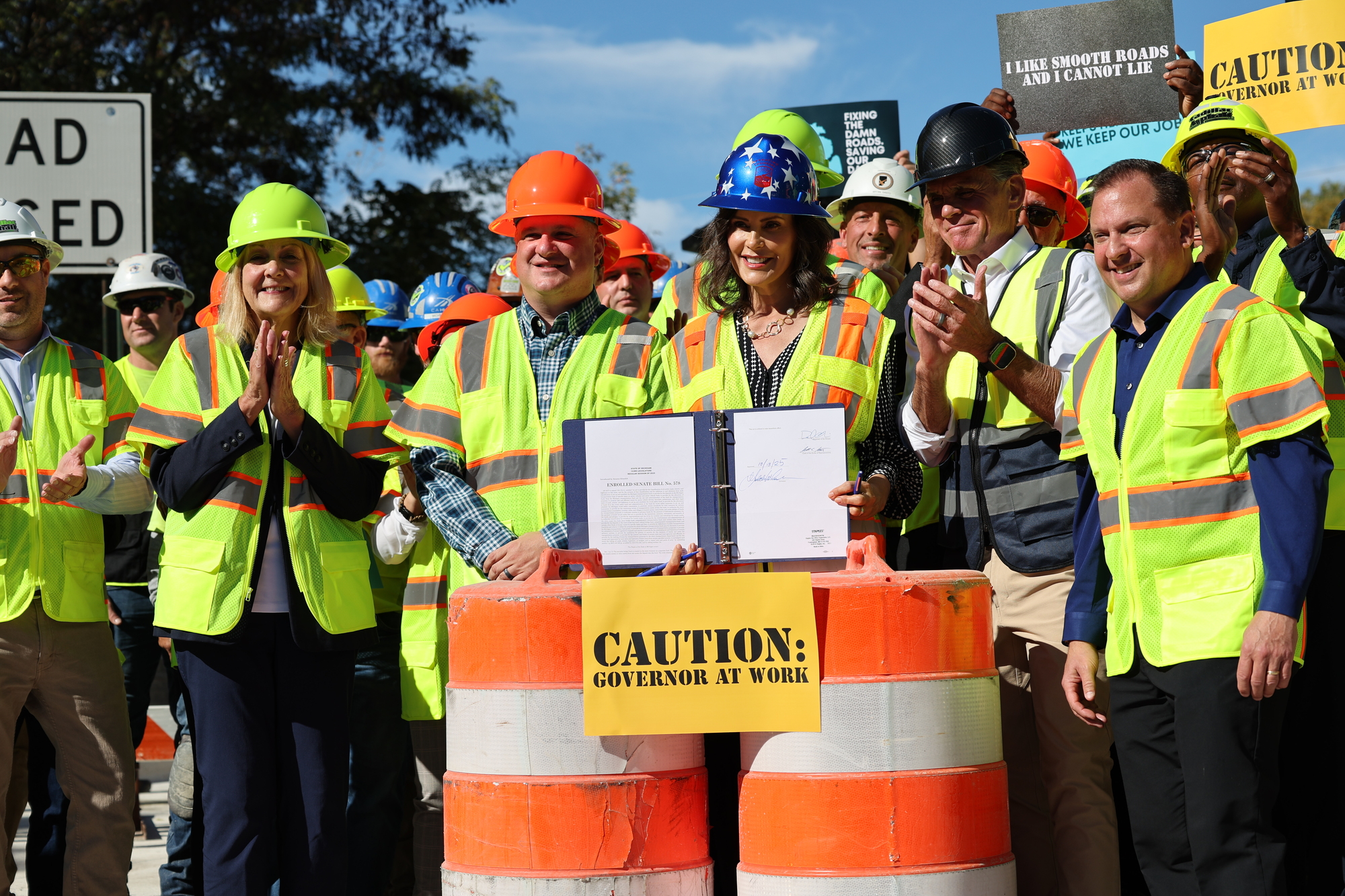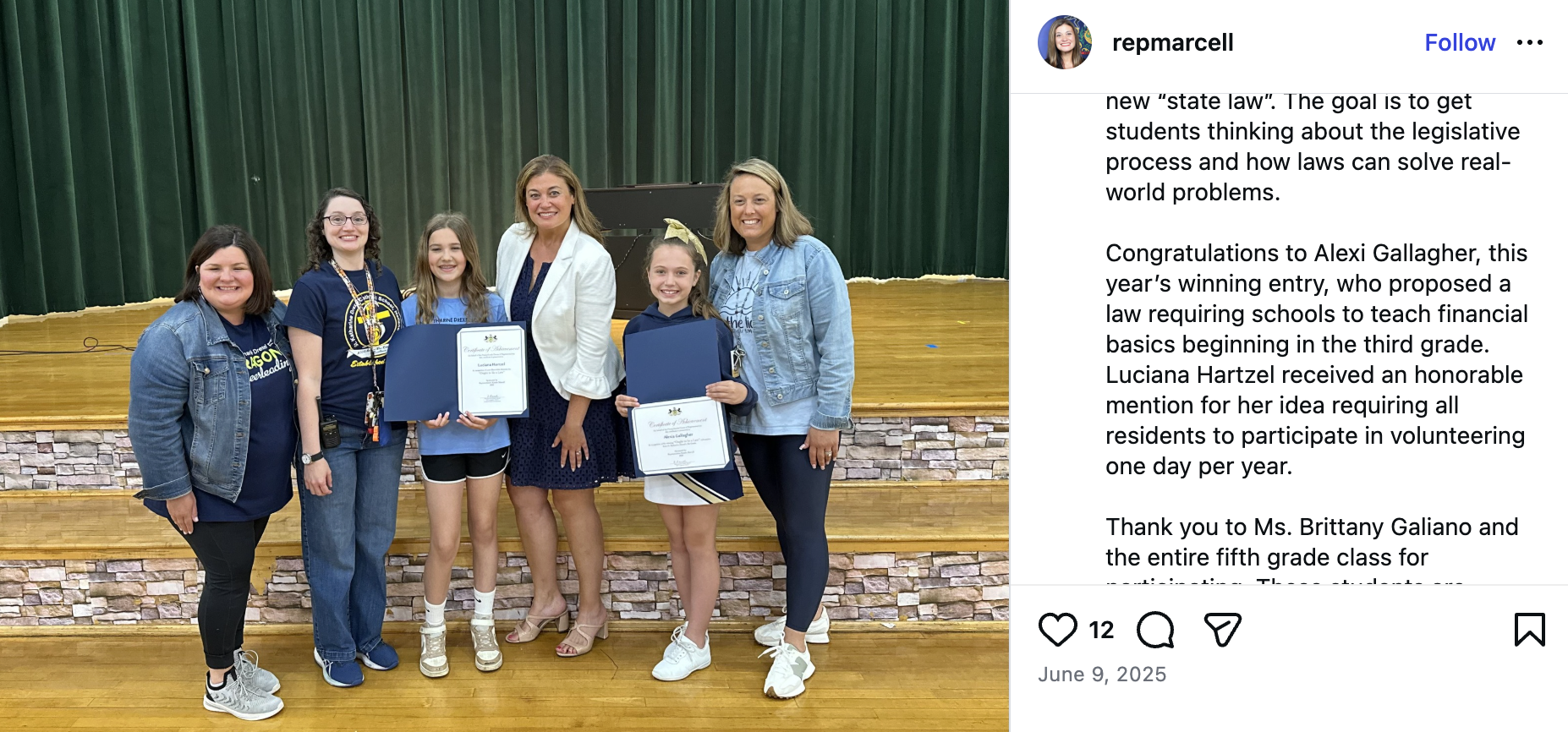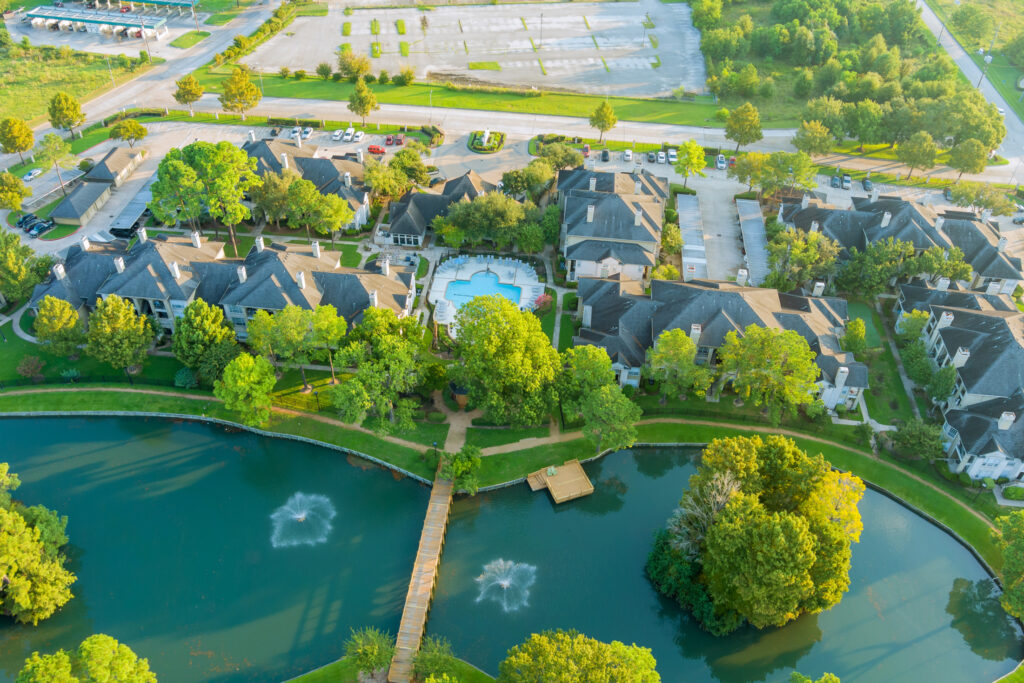Bipartisan Budget Paves the Way for Michigan’s Infrastructure Future

In a rare display of cross-party cooperation, Michigan leaders have come together to deliver one of the most significant infrastructure investments in state history. Governor Gretchen Whitmer’s FY26 budget—hailed as a “balanced, bipartisan” achievement—will channel nearly $2 billion annually into repairing state and local roads, improving public transit, and creating thousands of construction jobs across Michigan.
At the heart of this breakthrough stands House Speaker Matt Hall, who worked closely with Governor Whitmer and legislative leaders from both parties to ensure that every dollar at the pump goes directly to road funding. Hall praised the agreement as “the biggest roads deal in history,” crediting collaboration and fiscal reform for achieving long-term, sustainable results.
A United Effort for Michigan Drivers
Governor Whitmer emphasized that this budget fulfills her longstanding promise to “fix the damn roads.” The new funding structure dedicates all taxes paid at the pump to infrastructure projects—without raising costs for motorists. By prioritizing both state highways and local roads, the plan aims to make travel smoother and safer for every community.
Lt. Governor Garlin Gilchrist II noted that this marks Michigan’s seventh consecutive balanced, bipartisan budget under the Whitmer administration, reaffirming a pattern of partnership in an era of national division. “Together, we can keep growing Michigan’s economy and making commutes smoother and safer,” he said.
Speaker Hall echoed that sentiment, emphasizing that bipartisan problem-solving, not political posturing, drove this achievement. “We eliminated waste, fraud, and abuse in the budget and made smart reforms to make sure the money went to our top priorities,” he said. “Those reforms will make our roads smoother and make life better for the people of Michigan.”
Building on Shared Priorities
Lawmakers across party lines agreed that Michigan’s infrastructure problems demanded durable, cooperative solutions. Senate Majority Leader Winnie Brinks (D-Grand Rapids) called the outcome “a bipartisan budget that fixes our roads, strengthens public schools, and protects health care access,” while House Appropriations Chair Rep. Ann Bollin (R-Brighton Township) praised the “collaboration and bipartisan effort to deliver a fiscally responsible budget that meets the needs of people and businesses across Michigan.”
The budget allocates nearly $2 billion annually to fix both state and local roads, with additional funds for bridges, transit, and rail safety. It directs $1 billion per fiscal year from a sales and motor fuel tax swap, ensuring that every penny collected at the pump supports infrastructure improvements. Another $420 million will come from revenue generated by Michigan’s marijuana industry, and $600 million will be redirected from income tax adjustments to stabilize transportation funding for years to come.
Beyond the Asphalt
This plan also reflects Michigan’s broader economic priorities. By linking infrastructure investment to workforce growth, the budget safeguards thousands of good-paying construction jobs and strengthens public transit systems that connect communities statewide.
Stakeholders across sectors praised the bipartisan leadership that made it possible. Rob Coppersmith of the Michigan Infrastructure & Transportation Association credited both Whitmer and Hall for their commitment, calling the agreement a “game-changer for Michigan.” Denise Donohue, CEO of the Michigan County Road Association, added that “Michigan drivers are big winners with this package,” highlighting the tangible improvements residents will soon see on local streets and bridges.
A Model for Cooperation
For many, this year’s budget negotiations symbolize a turning point in Michigan’s political climate. Lawmakers who once found themselves divided by partisanship have demonstrated that shared priorities—safe roads, strong communities, and a thriving economy—can bridge ideological divides.
As Speaker Hall put it, “There are no red or blue roads.” With that sentiment, Michigan’s leaders have sent a powerful message: progress comes not from gridlock, but from collaboration—and every mile of smoother pavement will serve as proof.
RECENT










BE THE FIRST TO KNOW

More Content By
Think American News Staff












